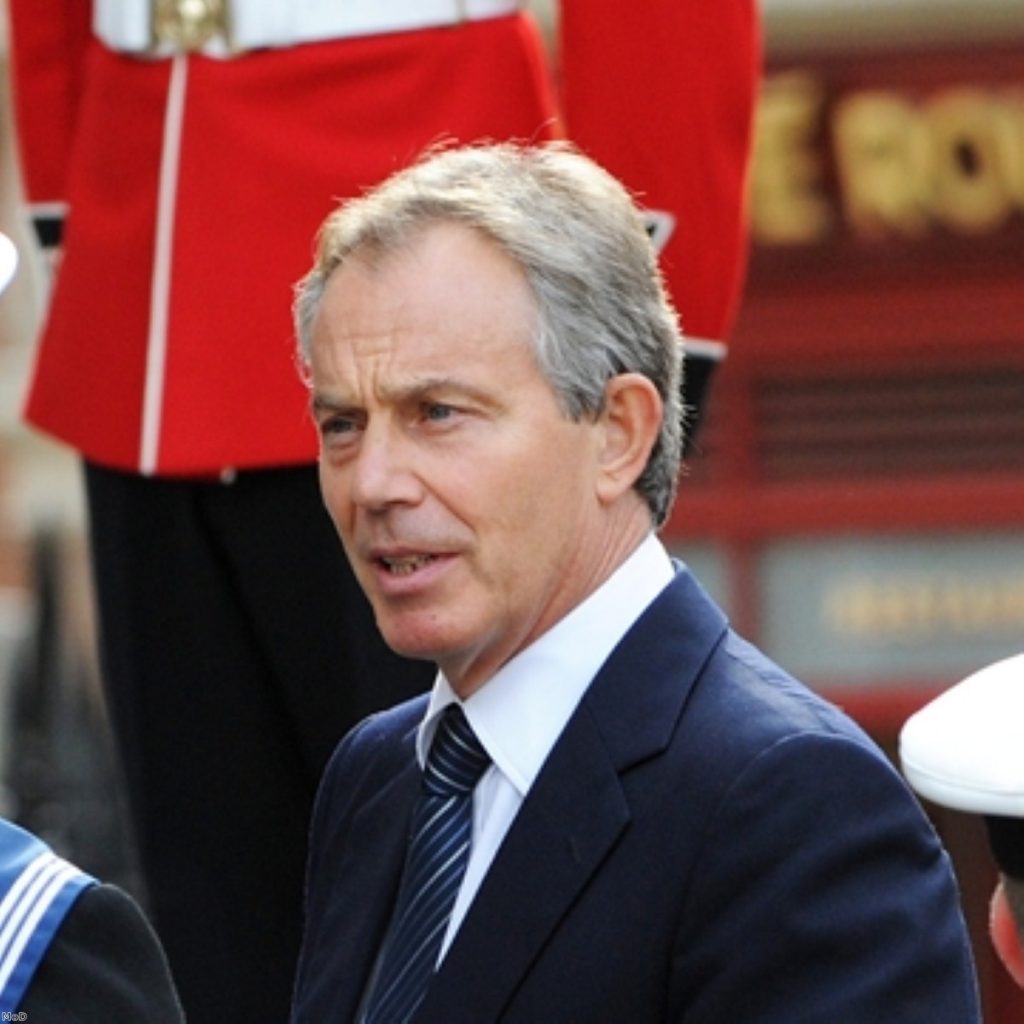Blair: We need to admit to Islam’s extremism problem
The strain of extremism in Islam is more substantial than many commentators are willing to admit, Tony Blair has argued.
The former prime minister launched an unusual intervention in the pages of today’s Mail on Sunday to suggest violent Islamism is not “the province of a few extremists”.
He argued: “There is not a problem with Muslims in general. Most in Britain will be horrified at Lee Rigby’s murder.
“But there is a problem within Islam – from the adherents of an ideology which is a strain within Islam. And we have to put it on the table and be honest about it.


“Of course there are Christian extremists and Jewish, Buddhist and Hindu ones. But I am afraid this strain is not the province of a few extremists. It has at its heart a view about religion and about the interaction between religion and politics that is not compatible with pluralistic, liberal, open minded societies.
“At the extreme end of the spectrum are terrorists, but the world view goes deeper and wider than it is comfortable for us to admit. So by and large we don’t admit it.”
The strong comments are distinct even from the views Blair expressed when in power, when he was keen to underplay the extent of extremist ideology in the Muslim community.
Today’s article suggests the Middle East peace envoy believes terrorists acts are just the tip of the iceberg of a growing anti-secular and anti-Western influence in Muslim circles.
Elsewhere in the article, Blair suggests the West needs to take a more active role in the continuing violence in Syria.
“The overwhelming desire of the West is to stay out of it,” he writes.
“This is completely understandable. But we must also understand: we are at the beginning of this tragedy. Its capacity to destabilise the region is clear.”
Last week, William Hague managed to get the EU to drop its arms embargo against Syrian rebels, in a move which was met with concern in Westminster.
Speaking on the Marr programme this morning, shadow foreign secretary Douglas Alexander said he had “very serious doubts” about the foreign secretary’s judgement over the matter.

